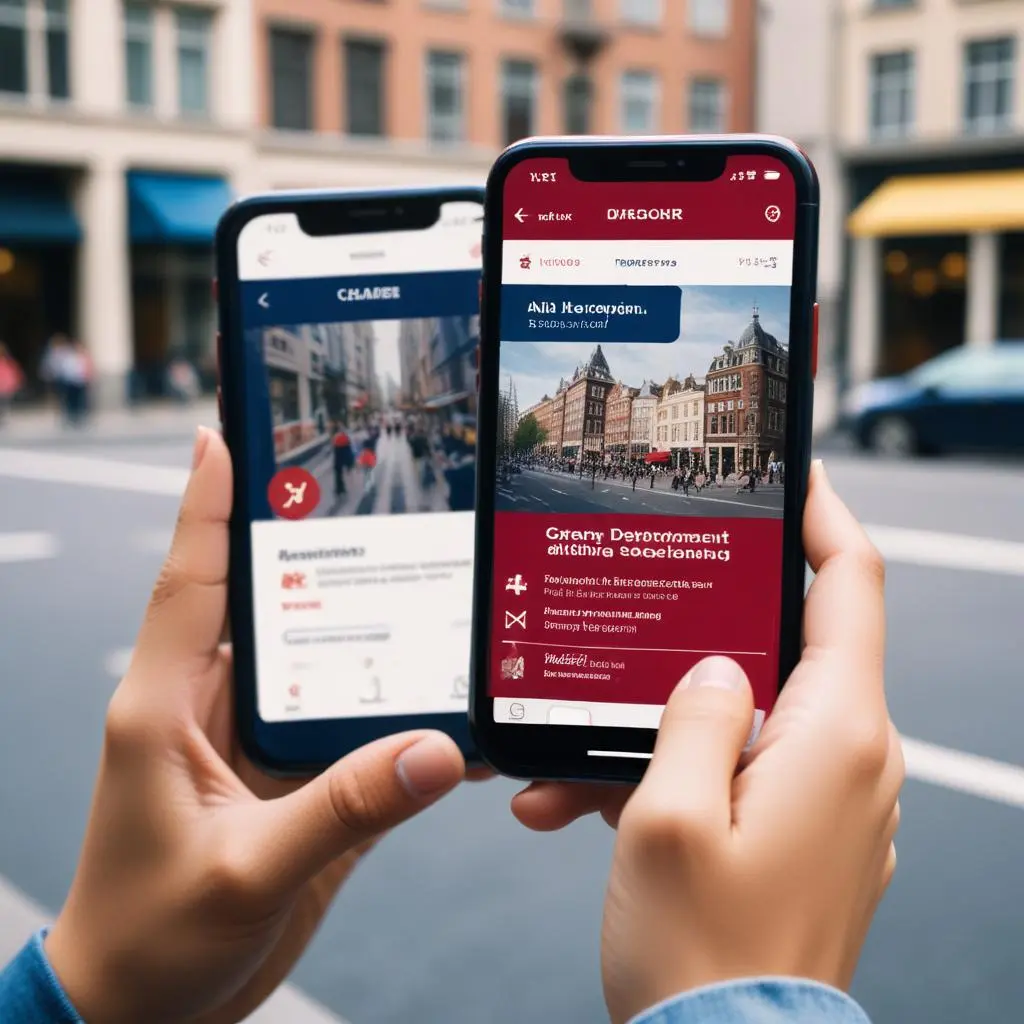In a fast-changing job market, staying ahead often means learning new skills—and doing so affordably. Free online courses with certificates are one of the best ways to level up without breaking the bank. Whether you’re aiming to switch fields, get promoted, or just become more adaptable, there are many high-quality, free options for 2025.
Below are some of the best free online courses that can truly boost your career in 2025, along with tips on how to choose them, make the most of them, and avoid common pitfalls.
Why Free Courses Are a Smart Move
Free doesn’t mean low value. In fact, many of these courses are offered by top universities or big industry players. Here’s why they’re worth your time:
- Low risk / high upside: You invest time, not money. Even small certificates add to your resume.
- Flexibility: Many are self-paced; you can learn around your schedule.
- Access to experts: Courses from universities and industry builders that you’d otherwise have difficulty accessing.
- Skill relevance: Many free courses are geared toward in-demand digital or soft skills.
- Networking and visibility: Some platforms let you interact with peers or show certificates publicly (e.g., on LinkedIn), which helps with job search.
What to Look for in a Free Course
To get the most benefit, evaluate courses based on:
- Relevance to your goals: Does it align with your career path? Is it something employers want?
- Certification: Free certificate or at least the possibility of one. Even audits without certificate are useful for learning, but certs carry more credibility.
- Practical content: Hands-on projects, real case studies, assessments.
- Reputation/platform: Big names (Coursera, edX, Google, IBM etc.) tend to be more recognized.
- Time required / effort: How many hours/week, duration; decide whether you can commit.
Top Free Online Courses for Career Growth in 2025
Here are some excellent free courses (with certificates or at least credible ones) that you might want to consider. I’ve included a variety spanning tech, business, soft skills, and more.
1. Google Digital Garage – Fundamentals of Digital Marketing
- Platform: Google Digital Garage
- What you’ll learn: SEO basics, social media strategy, content marketing, digital analytics.
- Why it’s useful: Digital marketing is increasingly important across industries. Even non-marketing roles benefit if you understand how digital channels work. asonyagh.com+2Tech School Info+2
2. Harvard’s CS50: Introduction to Computer Science
- Platform: edX (Harvard University)
- What you’ll learn: Programming fundamentals, algorithms, problem solving, basics of multiple programming languages.
- Why it’s useful: It provides strong foundational coding skills. Even if you don’t aim to become a software engineer, logical thinking and problem solving are more and more expected. Tech School Info+2Impacteers+2
3. AI for Everyone (Coursera, Andrew Ng / Stanford)
- Platform: Coursera
- What you’ll learn: What AI is, how it works, how it can be used ethically; business applications of AI.
- Why it’s useful: AI is no longer niche. Having awareness or basic understanding is valuable in many jobs. Great starting point if you’re not technical. Impacteers+1
4. Data Science for Beginners (Microsoft via edX)
- Platform: edX
- What you’ll learn: Data analysis, visualizing data, basic ML concepts.
- Why it’s useful: Data literacy is becoming a core skill everywhere. Even roles in marketing, operations, product management benefit from understanding data. Impacteers+1
5. FreeCodeCamp Certifications
- Platform: FreeCodeCamp
- What you’ll learn: Web development (front-end, back-end), JavaScript, responsive design, APIs.
- Why it’s useful: Developers are in high demand. And FreeCodeCamp offers projects and portfolio-worthy work, which you can show directly to employers. careerjyoti.in+1
6. Cybersecurity Basics / Introduction to Cybersecurity
- Platform(s): Cisco Networking Academy, edX, others
- What you’ll learn: Threats, safe practices, basics of firewalls, etc.
- Why it’s useful: With increasing digital presence comes increased risk. Even non-technical professionals benefit from cybersecurity awareness. Employers value it. TechRadar+3The Worlds Times -+3Impacteers+3
7. Excel Skills for Business
- Platform: Coursera / LinkedIn Learning / others
- What you’ll learn: Formulas, pivot tables, dashboards, using Excel to analyze data.
- Why it’s useful: Excel remains a workhorse in many jobs—finance, operations, management, etc. Solid Excel skills can set you apart. The Worlds Times -+2Impacteers+2
8. Project Management Foundations
- Platform: LinkedIn Learning / Alison etc.
- What you’ll learn: Basics of planning, executing, stakeholder management, risk, time management.
- Why it’s useful: Even if you’re not a project manager, many roles require coordinating people or projects. Understanding project-management adds to your ability to lead or contribute effectively. Tech School Info+1
9. Financial Markets (Yale via Coursera)
- Platform: Coursera (Yale)
- What you’ll learn: How financial markets operate, risk, investment strategies.
- Why it’s useful: Beneficial if you work in business, want to invest, or simply want financial literacy. It helps you make better decisions personally and professionally. Tech School Info
10. HubSpot’s Inbound Marketing Certification
- Platform: HubSpot Academy
- What you’ll learn: How to attract and retain customers using content, analytics, lead nurturing, etc.
- Why it’s useful: Many companies want marketing efforts to be ROI-driven. Knowledge of inbound marketing is very applicable. CareerFoundry+1
How to Choose Which Courses Are Right for You
With so many good options, how do you pick? Here are some actionable tips:
- Start with your career goal: What job or advancement do you want? Choose courses that directly build skills that employers in that field care about.
- Map skills gaps: List what you know vs what job ads ask for. Fill in the gaps with free courses.
- Time management: Don’t overload. One or two courses at a time often lead to better retention.
- Portfolio / hands-on work: If possible, choose courses with projects you can showcase. Employers like evidence over just certificates.
- Mix soft & technical skills: Having technical skills is great, but communication, leadership, remote working, problem solving are also important.
- Don’t ignore non-technical offerings: Business communication, financial literacy, remote work skills, etc., are very often overlooked but highly useful.
How to Make the Most Out of Free Courses
Here are tips to maximize the value:
- Set clear goals and deadlines: Treat the course like a mini project.
- Take notes, make summaries: Helps with retention.
- Work on small projects or practical applications: Even simple ones.
- Use certificates wisely: Add to LinkedIn, resume, or portfolio.
- Network: Join course forums / groups. Sometimes these lead to job referrals.
- Keep learning after the course: Keep the momentum—real projects, applying what you learned.
Possible Challenges & How to Overcome Them
| Challenge | What causes it | What you can do |
|---|---|---|
| Lack of motivation / dropping out | Too many courses, no structure | Set small milestones, share progress, partner up with someone |
| Certificates cost extra | Some platforms let you audit free but charge for certificate | Decide if cert is needed; if so, budget or find free certificate-courses |
| Quality varies | Some course content is outdated or shallow | Check reviews, course date, syllabus, what’s included |
| Time constraints | Work, study, family commitments | Use micro-learning, build schedule, use weekends / early mornings |
Frequently Asked Questions (FAQ)
1. Are free online courses taken seriously by employers?
Yes—especially if the course is from a recognized platform (Google, Harvard, Microsoft etc.), or if you can show what you did (projects, hands-on work). A certificate won’t always replace a degree, but it shows initiative.
2. Can I get certificates for free?
Some courses offer free certificates; others charge a small fee for verification. It depends on the platform. Always check before enrolling.
3. How long do these free courses usually take?
Varies. Some are a few hours; others (like CS50) are multi-week and require more commitment. Plan based on your schedule.
4. Can I switch careers using these free courses?
Yes—with caveats. To switch careers, you’ll likely need multiple skills: technical + soft + experience (projects or volunteering). Free courses can build foundation, but doing real work helps.
5. Do free courses expire or become outdated?
Sometimes. Technology and industry trends change. You should check the date the course was updated, and supplement with recent materials.
Conclusion: Taking That Next Step
The world is moving fast, and so are job requirements. Free online courses to boost your career are more than just resume-decorations—they’re tools that can change what you know, what you can do, and ultimately, where you’re headed.
If I had to give one strong piece of advice: pick one course that aligns with your goals right now, complete it well (don’t rush), and build something with what you learned. Even a small project or certification can open doors.
Here’s your takeaway: commit to lifelong learning, use these free resources smartly, and stay adaptable. Your growth in skills today becomes your advantage in tomorrow’s job market.



